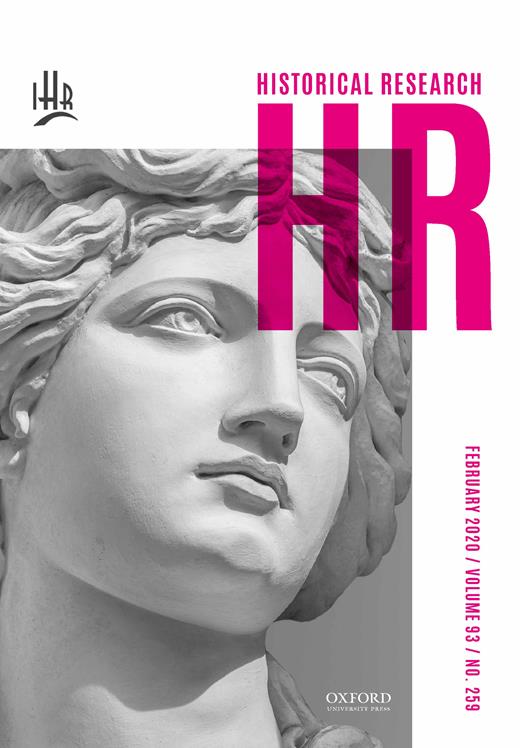-
Views
-
Cite
Cite
Natalie Zemon Davis, Creole languages and their uses: the example of colonial Suriname, Historical Research, Volume 82, Issue 216, May 2009, Pages 268–284, https://doi.org/10.1111/j.1468-2281.2009.00494.x
Close - Share Icon Share
Abstract
This article describes the sources for, and the origins and uses of, the creole languages in the Dutch colony of eighteenth-century Suriname – those created and spoken among slaves on the plantations, among the free black Maroons in the jungle villages and among the mixed population (freed/slave, Christian/Jewish, French/Dutch, etc.) of the town of Paramaribo. The rich sources derive especially from plantation managers and Moravian missionaries, at their best working with black or coloured collaborators. These creoles, both the English-based Sranan and the Portuguese-based Saramaccan, allowed generations of Africans and Surinamese-Africans of diverse background to discuss matters of family, health and religion, to tell stories, to establish intimacy and mount quarrels with each other, to consider relations with masters and settlers, to plot resistance and sometimes to construct a past history. The uses of the creole languages by settlers are described, including their limited employment for religious conversion. The article concludes with the Dutch and Sranan poems published in the seventeen-eighties by a Dutch settler married to a mulatto heiress, poems casting in doubt hierarchies of colour.




